 Early this year, as the COVID-19 virus gained a toehold in Australia, the message from governments, via the media, was that the aim was to "flatten the curve" so that case numbers would be such that our hospital systems would not be overwhelmed. It was not to eliminate the virus altogether.
Early this year, as the COVID-19 virus gained a toehold in Australia, the message from governments, via the media, was that the aim was to "flatten the curve" so that case numbers would be such that our hospital systems would not be overwhelmed. It was not to eliminate the virus altogether.
Why would governments not want to flatten the curve right down to the x axis and eliminate the virus from our population?
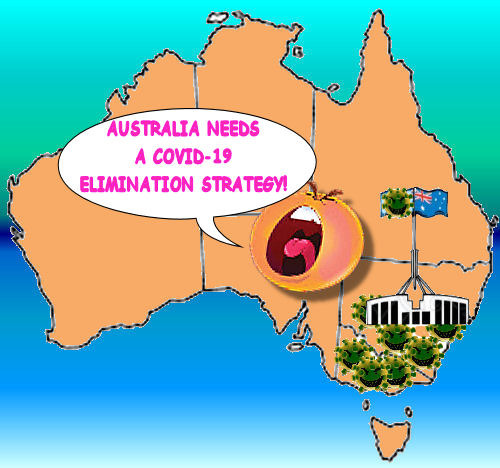
After the first National Cabinet of Premiers and the Prime Minister in mid March this year, the State Premiers, it seemed, comprehended the danger of the virus to their populations and immediately acted to protect them by introducing lock-down measures to prevent the spread of the virus.
Tasmania and the Australian mainland are both islands!
Tasmania locked its sea border by not allowing people in from the mainland without quarantine. The conversation on the ABC was that Tasmania was lucky, as it is an island. My immediate thought was that the mainland of Australia is also an island! We have a chance here to stop this virus in its tracks, and safeguard our population - all 25. 5 million of them!
But it was never the aim of governments to eliminate this virus, newly introduced to our shores. They had to protect the economy and say the appropriate things to be reported in the media. Eliminating the virus would mean an inconvenient slowing down or stopping of migration long-term, with off-putting lengthy quarantine measures, which would dissuade any overseas tourism at all. Imagine if all overseas skilled workers (previously arriving in their hundreds of thousands) had to self isolate in hotels for two weeks before starting work. Who would pay for this? It would actually be economically irrational!
Governments opting to risk people for Big Business?
Instead, governments have opted to run the risk of continuous virus outbreaks, and second and third waves, in order to appease the voracious appetites of Big Business. This is not stated overtly, but when a leader waves a white flag and says that elimination is not possible in a country, which this time last year was completely free of this virus, then it seems clear to me that their hands are tied. Note that Tasmania has not had a new case of COVID-19 for over 60 days. In other words, it seems that elimination is possible, and that this has been demonstrated.
Using the island principle within Australia: West Australia and Queensland
The Premier of Western Australia closed the WA border to the rest of the country and so that it behaved like an island. This has worked. Cases of COVID-19 there are now only present in returning citizens in quarantine. Queensland's border was closed to all other states, which has ensured the health of that population. It has also earned Queensland the honour and responsibility of becoming home to, and host of, Melbourne AFL football teams and their families. This will be quite good for their economy, as the Queensland government salivates over the possibility of hosting the AFL grand final, an event previously firmly associated with the Melbourne's MCG.
With Victoria in a parlous state of lock-down, grappling with increasing numbers of COVID-19 cases every day, this football history-making break with tradition seems very likely to happen for that very reason.
Why is Victoria different?
Victoria is the basket-case in all this - but why? At the beginning, the Premier sent largely the right messages, with respect to the severity of the situation, as we went into the first lockdown. I was surprised and pleased that he seemed to get it and to give it the priority it deserved. The first lock-down was put in place. For many weeks, unless people lived in the same house, or could meet outside at a distance, they did not see their friends and families. Every night on the ABC, we would see grand parents and grand children greeting one another via this medium, highlighting the sadness felt and the sacrifices made. Childhood is fleeting, as is old age, and the lost times together cannot be regained. This is only one example of the broken ties that the first lockdown entailed.
But it did not work in controlling the virus in Victoria.
How did Victoria become the basket case?
Eventually, the first lock-down eased and Victorians regained a degree of normality and freedom. Last month we Victorians could visit one another, as long as there were no more than five people in the one house. I dined one night with three other people, in a friend's house. Our places at the large table were judiciously distanced, but it was pleasantly reminiscent of pre-COVID times.
Unfortunately this relaxation of isolation was short-lived. In recent weeks, increasing numbers of new cases of COVID-19 were being identified in Melbourne, and it came to light that there had been breaches of the hotel quarantine system for people returning from overseas. This debacle is the subject of an enquiry, but rumours abound of security guards getting into bed with the returnees, ad hoc staffing with SMS messages to friends, offering them a gig at a hotel, guards "moonlighting" and doing two jobs at once (actually absent from their posts.) Although these are rumours, it is clear that this important job was not taken seriously by those who organised it, by those assigned the task, nor by the returnees, who had they any respect for their fellow citizens, would have acted in a more trustworthy manner.
As a result of this and other breaches, including reported large family celebrations, Victoria now has a daily rising number of cases. Yesterday, July 17th, 425 new cases were reported, and Melbourne is back in lockdown, the rules of which are somewhat vague around the edges, with punitive fines seemingly at the discretion of police.
Still not aiming at eliminating the virus from Australia
Yet we are still not aiming at eliminating the virus in our population. If Victorians knew that the aim was to eliminate the virus from the population, it might maintain their motivation. It could also be successful but a series of relapses, accompanied by disturbing news of our hospitals struggling to cope, is ultra dispiriting. If our health system collapses what do we have?
What's in store for New South Wales?
New cases of the virus have escaped across the border between Victoria and New South Wales, but the NSW premier, Gladys Berejiklian, is resisting lock down, along with Australian Primeminister Scott Morrison. Fortunately other voices, from the health sector, are contradicting them, including Norman Swan, Bill Bowtell, Gregory Dore, and Melbourne University epidemiologist Tony Blakely.
Australia must adopt an elimination strategy for COVID-19
Australia must adopt an elimination strategy and send this message clearly to its population. if we don't eliminate COVID-19, we will never be free again. We have a large, beautiful country, but we can't move around in it. Soon, in Melbourne, we may not be able to move from our own post code. This would be bearable if we knew we were aiming to be free again but, at present, all we can see, is a recurring and chronic situation of restrictions, which are eased and then reimposed, but never lifted.

 Early this year, as the COVID-19 virus gained a toehold in Australia, the message from governments, via the media, was that the aim was to "flatten the curve" so that case numbers would be such that our hospital systems would not be overwhelmed. It was not to eliminate the virus altogether.
Early this year, as the COVID-19 virus gained a toehold in Australia, the message from governments, via the media, was that the aim was to "flatten the curve" so that case numbers would be such that our hospital systems would not be overwhelmed. It was not to eliminate the virus altogether. 
 Paternalism: When dominant big business make secret comments to governments – there is a problem. 25-Sep COSBOA has expressed deep concern at the existence of a confidential briefing letter provided to the Federal Cabinet from the Business Council of Australia (BCA), arguing against an effects test in competition regulation.
Paternalism: When dominant big business make secret comments to governments – there is a problem. 25-Sep COSBOA has expressed deep concern at the existence of a confidential briefing letter provided to the Federal Cabinet from the Business Council of Australia (BCA), arguing against an effects test in competition regulation. The fact that this letter is confidential and unavailable to the public and other industry groups is highly concerning and COSBOA calls on the BCA to immediately release this letter for scrutiny and comment from other interest groups.
The fact that this letter is confidential and unavailable to the public and other industry groups is highly concerning and COSBOA calls on the BCA to immediately release this letter for scrutiny and comment from other interest groups.
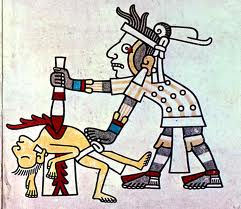
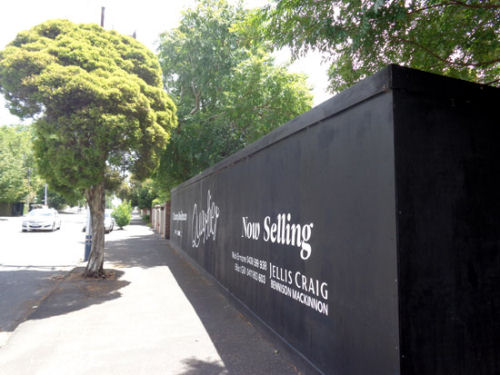
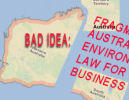 This Friday, 7 December, the Federal Government plans to give away environmental assessment authority to the states. Candobetter readers should take any opportunity they can to avoid this devolution of our already semi-toothless legislation. Here is an opportunity to add your signature to a petition. There is also a Get-up campaign. Readers are invited to let us know of any other actions they are taking.Links to petitions etc inside.
This Friday, 7 December, the Federal Government plans to give away environmental assessment authority to the states. Candobetter readers should take any opportunity they can to avoid this devolution of our already semi-toothless legislation. Here is an opportunity to add your signature to a petition. There is also a Get-up campaign. Readers are invited to let us know of any other actions they are taking.Links to petitions etc inside.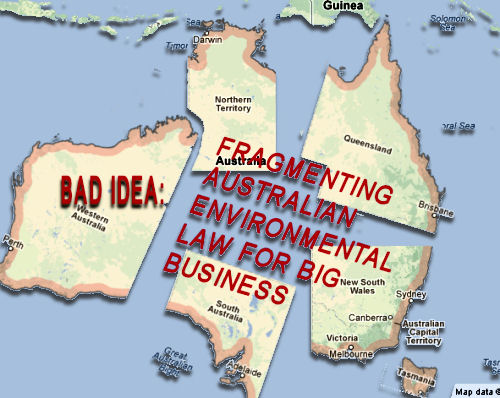
 I mean, why exactly do we have self-serve checkouts? Can anyone think of 1 good reason for them? They don’t increase efficiency because as my Kmart experience demonstrates, self-serve machines don’t create more service providers as the stores simply hire less staff.
I mean, why exactly do we have self-serve checkouts? Can anyone think of 1 good reason for them? They don’t increase efficiency because as my Kmart experience demonstrates, self-serve machines don’t create more service providers as the stores simply hire less staff.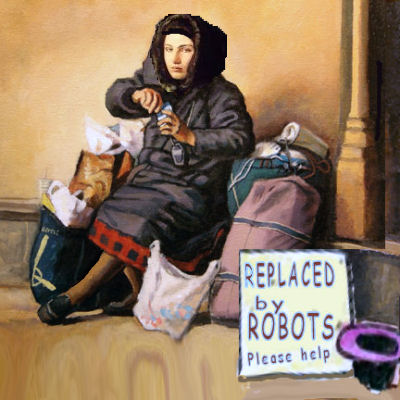


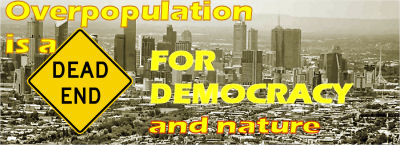
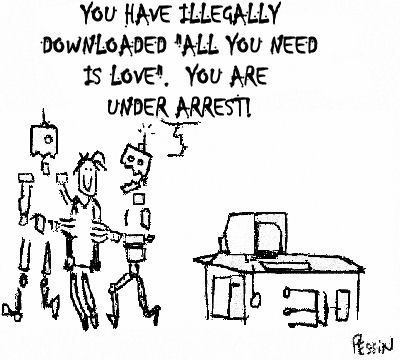
Recent comments